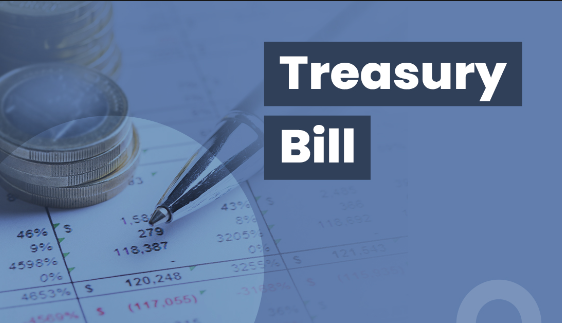The percentage of Treasury bills in the nation’s internal debt has reached a historic low, marking a significant milestone in the government’s ongoing debt management endeavors.
According to data disclosed by the Central Bank of Kenya, the outstanding value of T-bills dwindled to KES 553.3 billion by the end of the preceding week, constituting a mere 10.6% of the overall domestic debt.
Over time, the proportion of T-bills in the internal debt structure has steadily dwindled, plummeting from its apex of 70% in February 2001 to its current unparalleled low, with prospects indicating further reduction.
This decline can be attributed to the government’s debt management strategy, which focuses on curtailing short-term borrowing and extending maturity periods.
“The strategy aims to gradually diminish the inventory of Treasury bills to mitigate refinancing risk and issue medium to long-term Treasury bonds,” affirmed the Treasury in a prior report.
Conversely, the share of bonds in the domestic debt composition has surged to an all-time peak of 85%, reaching an outstanding value of KES 4.44 trillion as of mid-February.
Treasury bills primarily function as instruments for regulating liquidity within financial markets and the broader economy, whereas bonds are chiefly utilized to meet budgetary requirements.
In a scenario where government revenue trails expenditures and credit availability remains restricted, the yield on one-year T-bills has escalated to 16.9%.
This rate for the 364-day paper stands as the highest since October 2015, when it peaked at 21.6%, following the collapse of Imperial bank.
Bond coupon rates have also experienced an upward surge, driven by the government’s liquidity requirements. Moreover, other channels for domestic borrowing include the Central Bank overdraft facility, which amounted to KES 87.5 billion, equivalent to 2% of the domestic debt.
This facility allows the government to access credit up to 5% of its ordinary revenue, as per the latest audited accounts, with interest rates aligned with the CBK benchmark rate.
As of February, the total domestic debt stood at KES 5.2 trillion, approximately 33% of the country’s GDP.

















